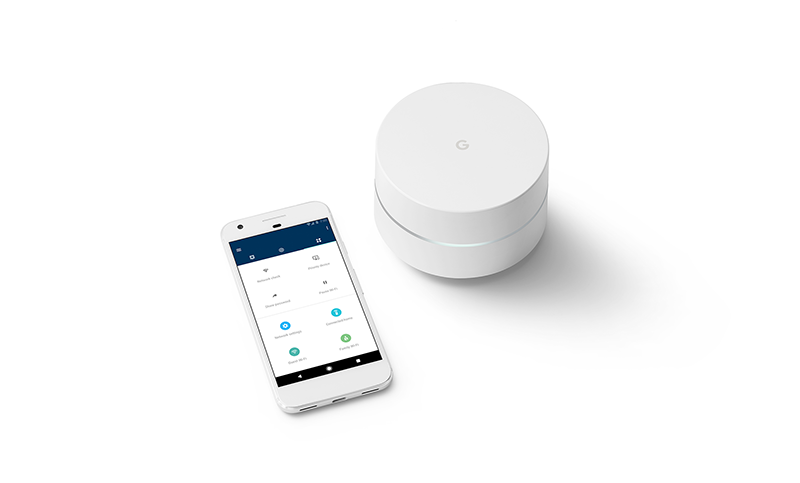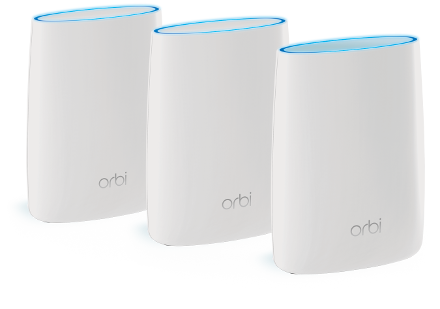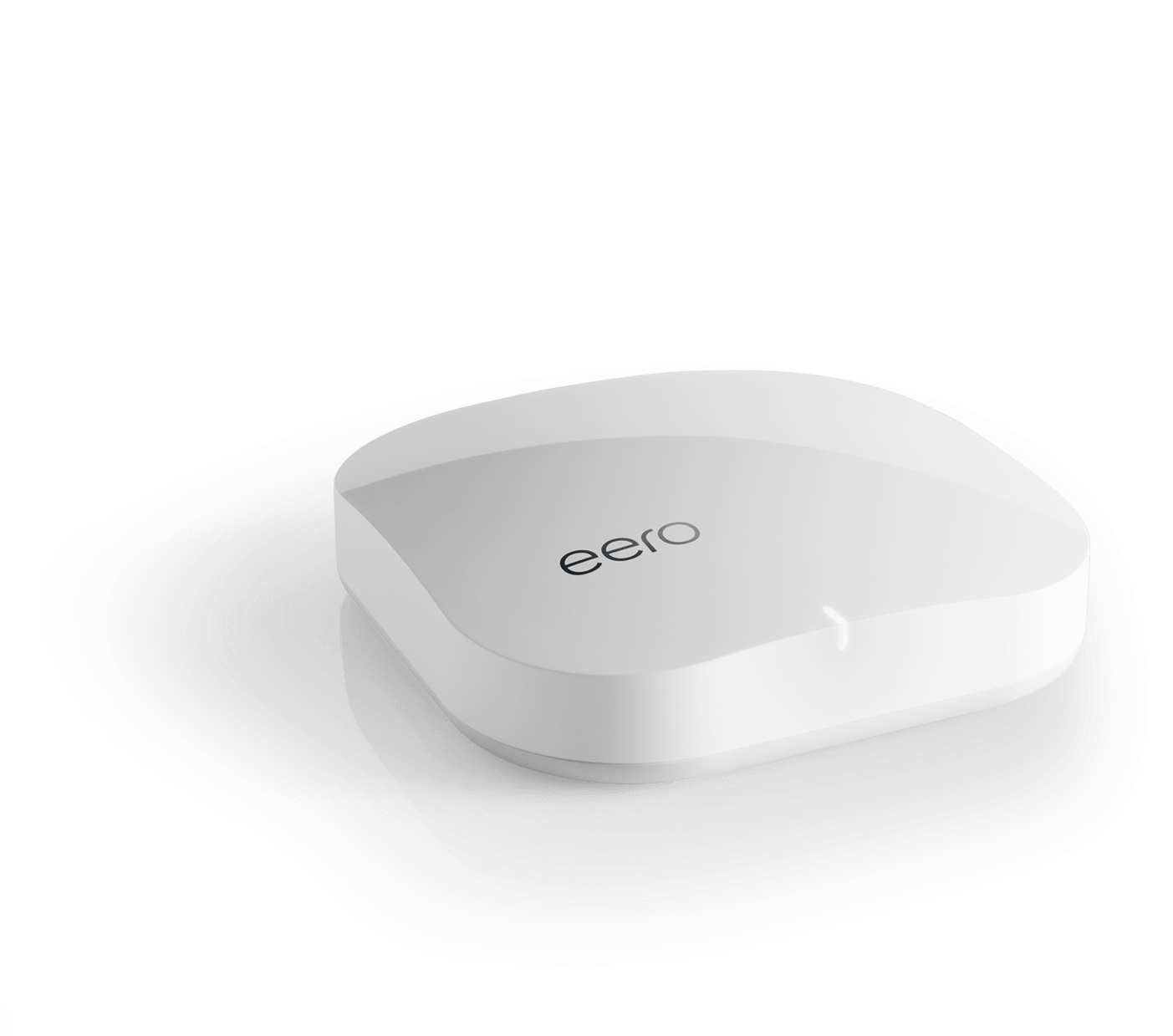Mesh WiFi Systems: Do You Really Need Eero or Google WiFi?
Home WiFi was a revelation when it first became available. With WiFi, you could easily access your Ethernet connection anywhere in the house without the hassle of wired connections.
Unless you couldn’t.
Routers can be touchy, and as we’ve all discovered over time, there are often a few “trouble spots” where wireless connectivity isn’t reliable or even possible. The usual solutions for these WiFi problems (other than buying a more powerful router) are:
- Install a relatively-inexpensive powerline networking kit that utilizes your home’s electrical wiring to get a signal into a trouble spot.
- Get a relatively-inexpensive WiFi range extender, which isn’t the most reliable approach for long distances but often will work.
- Install additional, permanent wireless access points or wireless hot spots throughout your home, which can get expensive quickly.

Image credits https://blog.google/products/google-wifi/introducing-new-kind-wi-fi-system/
There’s now another answer: mesh WiFi systems. Three of the best-known systems are the Eero, Google WiFi and Netgear Orbi. Here’s how they work.
Mesh WiFi
In essence, a mesh network spreads a network connection throughout a large area by using small radio transmitters called nodes. They talk to each other as if they were all routers, and can all provide a stable connection for any network device. Eventually, large mesh networks may create truly “connected cities,” but they can be used right now to create fully-connected homes.

Image credits https://www.netgear.com/home/products/networking/orbi
There are many advantages to this technology. Nodes don’t need wired connections so they can be put anywhere, they rely on existing WiFi standards, they are self-healing and self-connecting, they’re fast and they’re easy to install.
They can, however, get expensive if you need a lot of them.
The Big Home Mesh WiFi Players
That brings us to Eero, the mesh system that’s gotten a lot of buzz since its recent release. It’s incredibly easy to set up (and to give visitors wireless access) via an app on your phone, it can make your network run as much as ten times faster, and it eliminates dead spots if you have enough nodes to cover your home. That’s where the “expensive part” comes in.
A single Eero, which can serve as a standalone router, costs about $200. If you want the minimum number of nodes to cover a decent-sized home, a three-pack costs $500. And some homes may need more than three.

Image credits https://eero.com/features
Google WiFi is quite similar, and cheaper. A lot cheaper. One unit costs $129, and a three-pack is $299. Even better, connectivity and speed improvements with Google WiFi are on a par or even better than with Eero. The bad news for some: you can only use the system if you connect through a new or existing Google account, something many are reluctant to do for privacy or philosophical reasons.
Netgear Orbi, from a trusted name in home networking, hits the middle price ground at about $380 for two units. However, it’s faster than Eero and Google WiFi and has the best range, because the base and node communicate on a separate, dedicated WiFi connection. It’s also the simplest to set up; you just put the two units where you want them and they do the rest without having to be configured via Internet or phone.
Do You Need A Mesh WiFi System?
Probably not. Upgrading your router or using a powerline networking kit is a lot cheaper and will solve most home connectivity problems.
But if you’re a tech geek, have a particularly stubborn wireless problem spot or have plenty of money to spend to buy convenience and ease of installation – mesh WiFi is definitely a cool solution.





